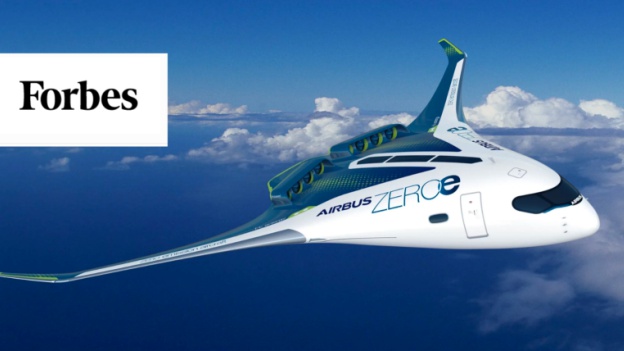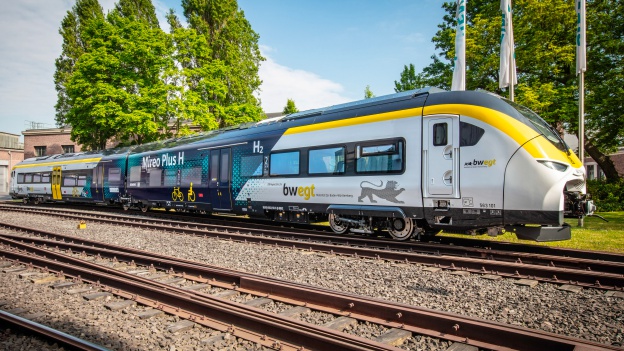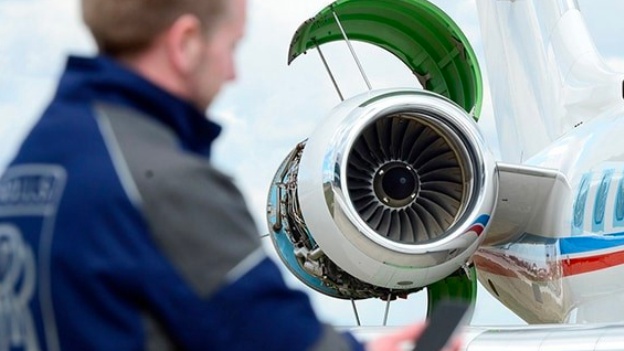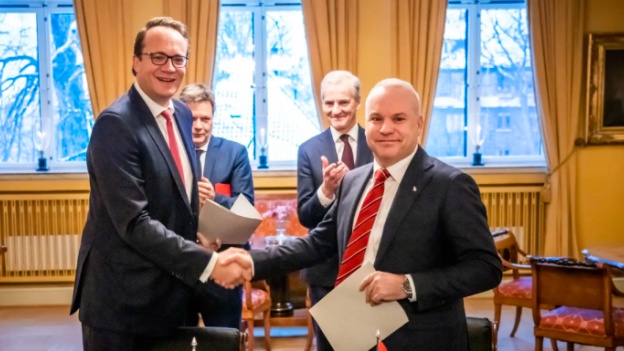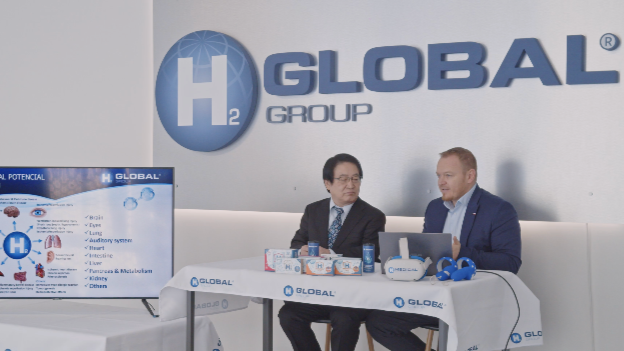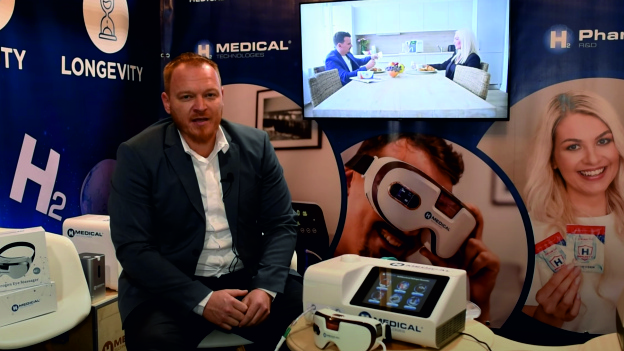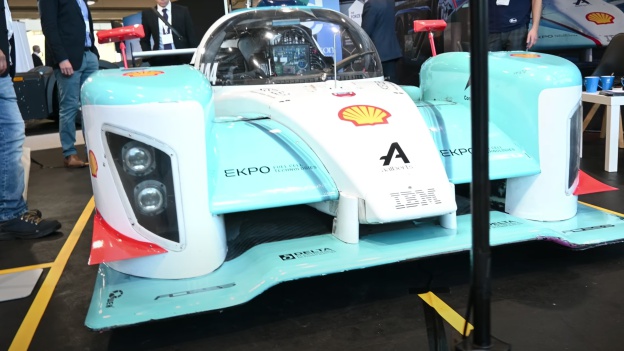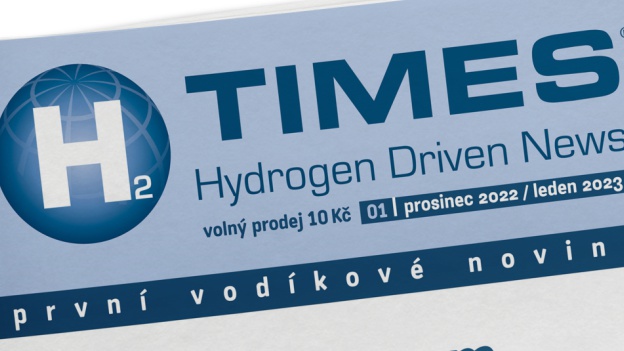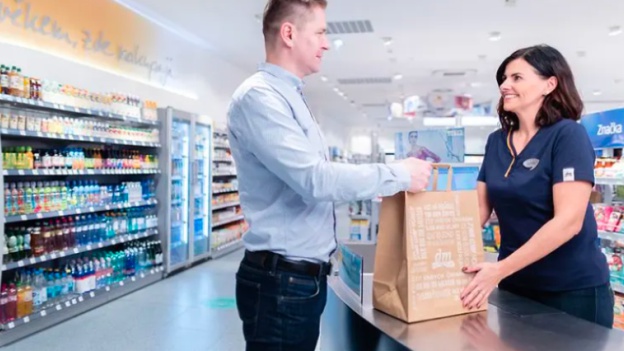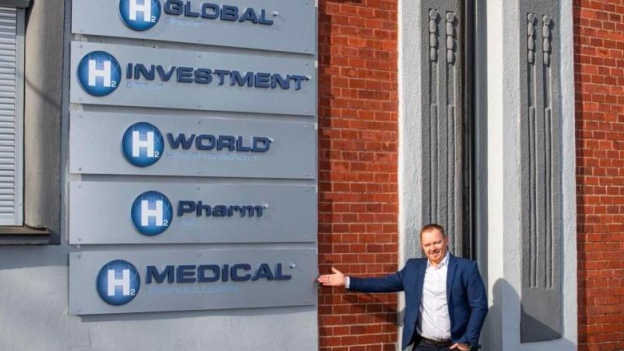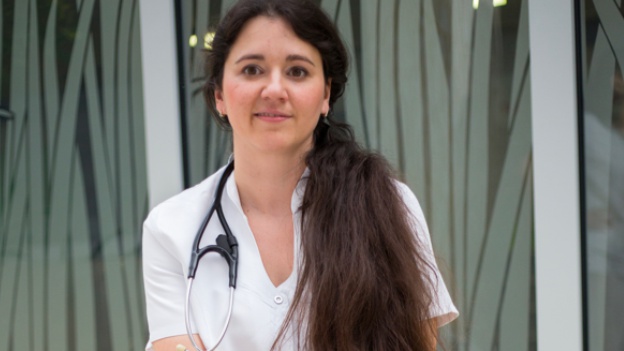After the summer testing, the Most region also evaluated the winter stress tests of a Slovak-made hydrogen bus. The vehicle was in operation on selected lines in Most and Litvínov in the second week of February. According to the director of the local transport company, everything went smoothly - even in winter. Positive feedback also came from passengers.
„The operation was smooth in summer and winter, the bus is quiet and emission-free. We are currently working on recommendations regarding the possible inclusion of hydrogen buses in our fleet,“ said Daniel Dunovský, Director of the Transport Company of the Cities of Most and Litvínov.
„The average consumption of the bus during the winter test was 4.3 kg of hydrogen per 100 kilometres, while in the summer this value was 3.37 kg of hydrogen per 100 kilometres. The driving style of the driver and the occupancy of the bus mattered more than the terrain where the bus was driven. This was shown by the range of consumption on each day, which ranged from 3.2 to 5.5 kg of hydrogen per 100 kilometres. We are satisfied with the overall results of the summer and winter testing,“ added the director of the transport company.
The towns of Most and Litvínov, together with ORLEN Unipetrol and other entities, are an active part of the hydrogen platform in the Ústí nad Labem region. Both cities are among the pioneers of hydrogen mobility in public transport.
„Reducing emissions from transport is one of our decarbonisation goals and we see hydrogen as one of the tools to achieve these goals. The advantages of hydrogen buses are reduced noise pollution and zero emissions. Once we receive the evaluation report from the transport company, we will start to address the possibility of permanently including hydrogen buses in the regular operation of our public transport,“ said Marek Hrvol, Mayor of the Statutory City of Most.
The development of low- and zero-emission mobility in public transport is a hot topic for nearby Litvínov.
„The final decision on the inclusion of hydrogen buses in public transport will be the result of further discussions,“ said Kamila Bláhová, Mayor of Litvínov.
Hydrogen as a complement to electric mobility
In the test operation of the hydrogen bus, both cities worked closely with the ORLEN Unipetrol Group, which facilitated the hydrogen bus for this pilot project and provided financial support. „Hydrogen technology in transport is an ideal complement to battery electric mobility to support the development of low-emission and emission-free passenger, public and freight transport both on the road and rail,“ explained Maciej Romanów, member of the Board of Directors of ORLEN Unipetrol, adding: „We have a public hydrogen station in Litvínov Záluží on the I/27 road. It is located in the middle of the main road between the two towns and is therefore in an ideal location for operating a hydrogen bus.“
The low-floor electric bus with hydrogen fuel cells was developed by the Slovak company Mobility&Innovation Production. It has an overall length of 7,982 mm, a width of 2,550 mm and a height of 2,940 mm. Its maximum capacity is up to 68 passengers, of which 20 are seated. The fully air-conditioned bus can travel up to 350 km on hydrogen and another 100 km on battery power. The bus is powered by a Siemens Elfa electric motor with a total output of 125 kW and 1,019 Nm of torque. The electric motor is powered by a pair of batteries with a total capacity of 70 kWh. The total capacity of the four hydrogen tanks is 10.5 kg and refuelling takes 10 minutes.
Hydrogen doesn't just have to accompany you on your travels, it can also be an ideal addition to your diet and active lifestyle. Treat yourself to water enriched with Molecular Vodík®️ straight from the can, or try one of the products that stimulate the production of Molecular Vodík®️ directly in the body and make the most of the potential of the smallest molecule.
Source of the article - ORLEN Unipetrol
Photo - source - ORLEN Unipetrol












